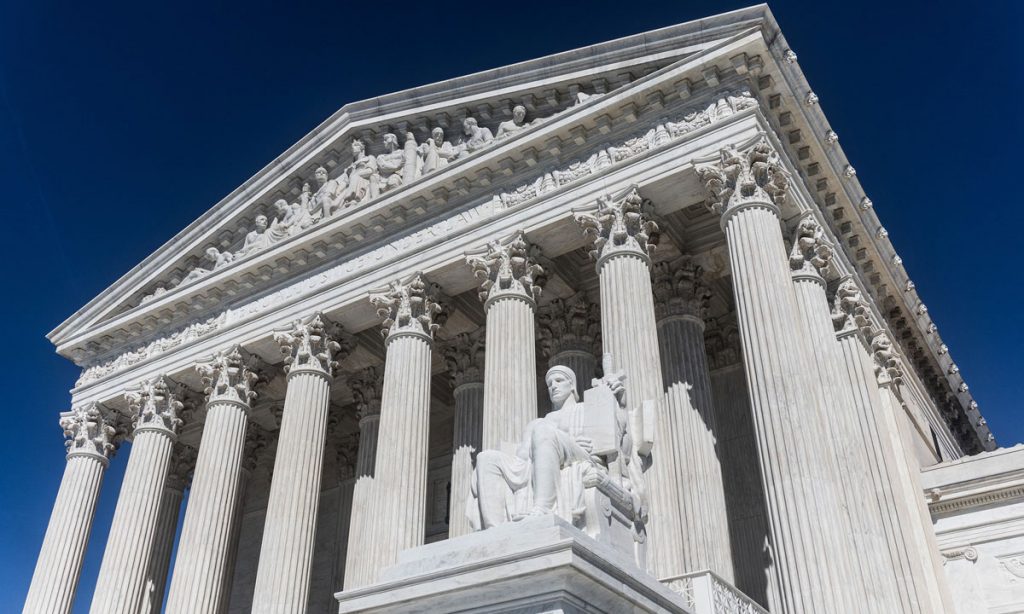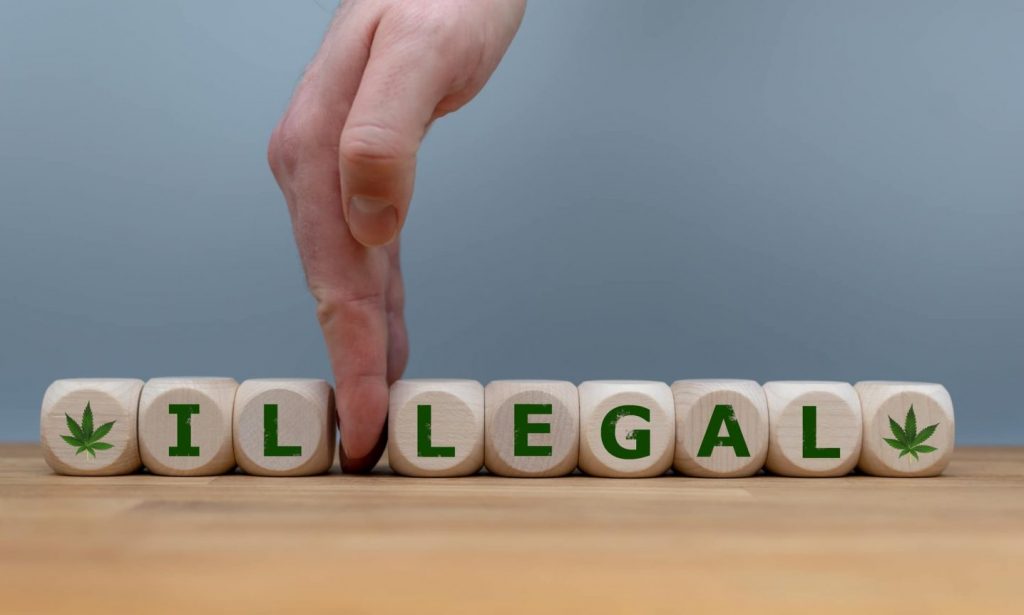It’s always interesting when a new location breaks stride and changes laws. We saw it with Thailand in Asia, with Uruguay in South America, and with Lesotho in Africa. With ranging reasons as to why to open these industries, the Arab world has now put forth its own example. As of the spring, Lebanon legalized medical cannabis.
It would be untrue to say that Lebanon is the first Middle Eastern country to legalize cannabis in some form. It’s neighbor to the south, Israel, has been a central location for the study and cultivation of cannabis for decades, pushing through its own medical legalization originally back in the 1990’s. But Israel stands apart from its Arab neighbors when it comes to many beliefs and ideologies, so Lebanon’s entrance into the legal cannabis game is still very much a first for that part of the world.
A bit about Lebanon and cannabis policy
Cannabis is illegal in Lebanon to possess or use. There are no personal use laws so even small quantities are considered a criminal offense. Regulation of the system and punishment is done through the Narcotic Drugs and Psychoactive Substances Law 673, which states that any narcotic use without a medical prescription is subject to a prison sentence of three months to three years, along with a fine. Individuals are permitted a certain amount of leniency if not involved in the drug trade, and showing of generally good character.
Sale and supply crimes are illegal. Offenders found guilty of these crimes face heavier sentences than for possession and use, and do not qualify for any sort of leniency. Personal cultivation is also illegal, with no individual-use amount applicable. Cannabis seeds are not legal in Lebanon and cannot be bought, sold, or possessed.
When it comes to CBD, Lebanon makes no differentiation between the cannabis plant, and the individual parts, like cannabinoids CBD or THC. This makes CBD just as illegal as a standard marijuana plant, regardless of the lower THC content. For this reason, it is illegal to sell or use the oil in Lebanon, although the country’s recent medical legalization could certainly change how CBD is used there.





